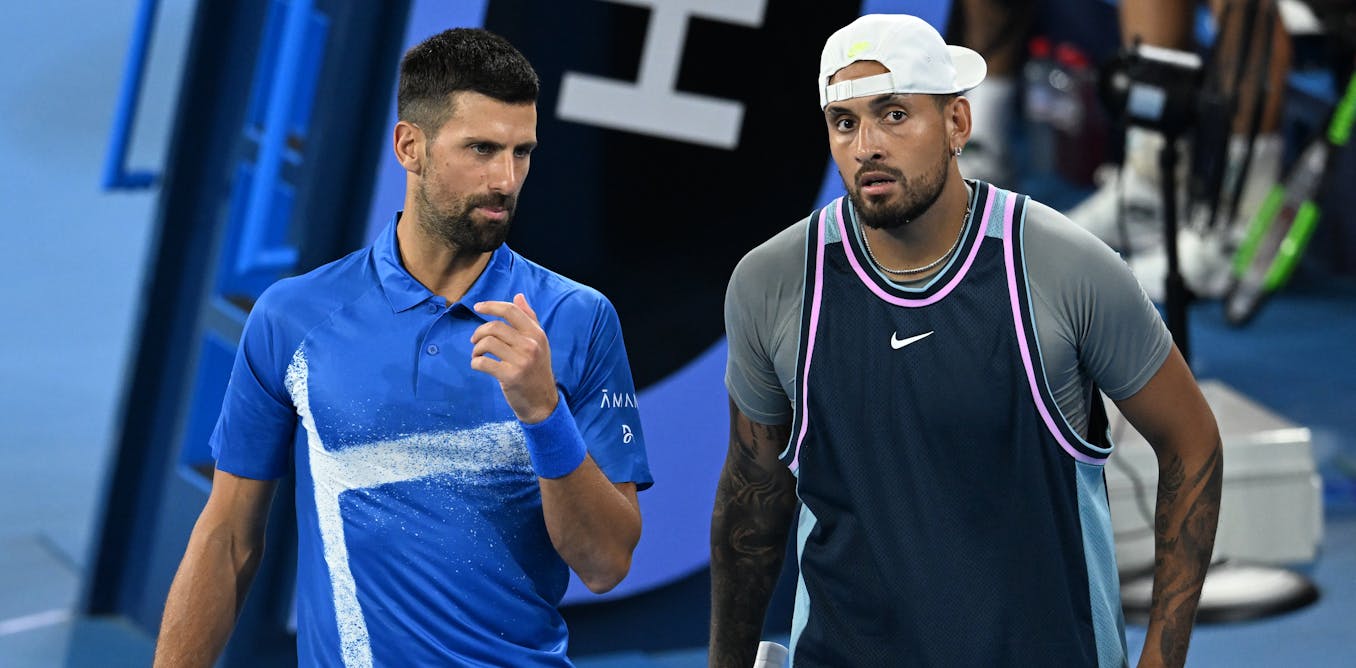Tennis pros rally for better pay and less punishing schedules, amid wider power struggles in worl...

The Fight for the Future of Sport: Power, Money, and Player Welfare
The Tennis Turf War
The world of professional tennis is serving up a high-stakes battle. Novak Djokovic's Professional Tennis Players Association (PTPA) has launched a lawsuit against the sport's governing bodies – a power play with potentially seismic consequences.
This isn't just about aces and volleys; it's about money, player well-being, and who calls the shots. The PTPA is demanding a fairer distribution of revenue, a more manageable schedule, and a say in how the game is governed. They claim current practices demonstrate "anti-competitive practices and a blatant disregard for player welfare."
The Shifting Sands of Power in Sport
Traditionally, international sporting bodies have ruled their respective realms with an iron fist, dictating everything from tournament schedules to player eligibility. Governments have largely supported this autonomy, recognizing the economic and social benefits of hosting major sporting events.
However, the landscape is changing. Players, fueled by a desire for greater control over their careers and earnings, are challenging the status quo. Private investors, smelling the tantalizing aroma of profit, are injecting capital into rival competitions, further disrupting the established order.
This power struggle isn't limited to tennis. The ill-fated European Super League in soccer and the Saudi-backed LIV Golf tour are prime examples of this ongoing battle for control.
A Global Game Changer
This isn't just a squabble among athletes and executives; it's a global phenomenon. The West's traditional dominance in sport is facing challenges from wealthy Gulf states, assertive authoritarian regimes, and the rising economic power of the Global South. With the global sports industry estimated to be the ninth largest on earth, the stakes are incredibly high.
The fight for control of sport is intertwined with substantial economic activity and the potential for social change, making it inherently political.
The Future of the Game
When faced with pressure to change, sports governing bodies typically follow a predictable pattern: denial, resistance, and eventual adaptation. The tennis dispute is no exception. The established powers have initially shut out the PTPA, leading to the current legal showdown.
While predicting the outcome of any lawsuit is difficult, sporting bodies haven't historically fared well in court when defending their authority. Courts are generally less inclined to grant them special treatment than political bodies. Recent EU rulings and the US Supreme Court's decision against the NCAA illustrate this growing trend.
Despite the current heated rhetoric, a settlement in the tennis case remains possible. Ultimately, adaptation seems the most likely outcome, with governing bodies forced to accommodate the demands of players, investors, and other stakeholders. The future of sport hinges on finding a balance between tradition and transformation.